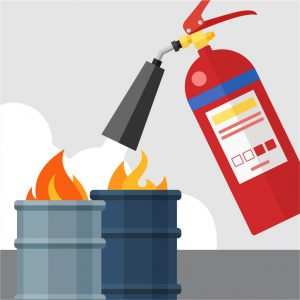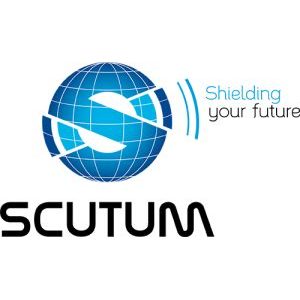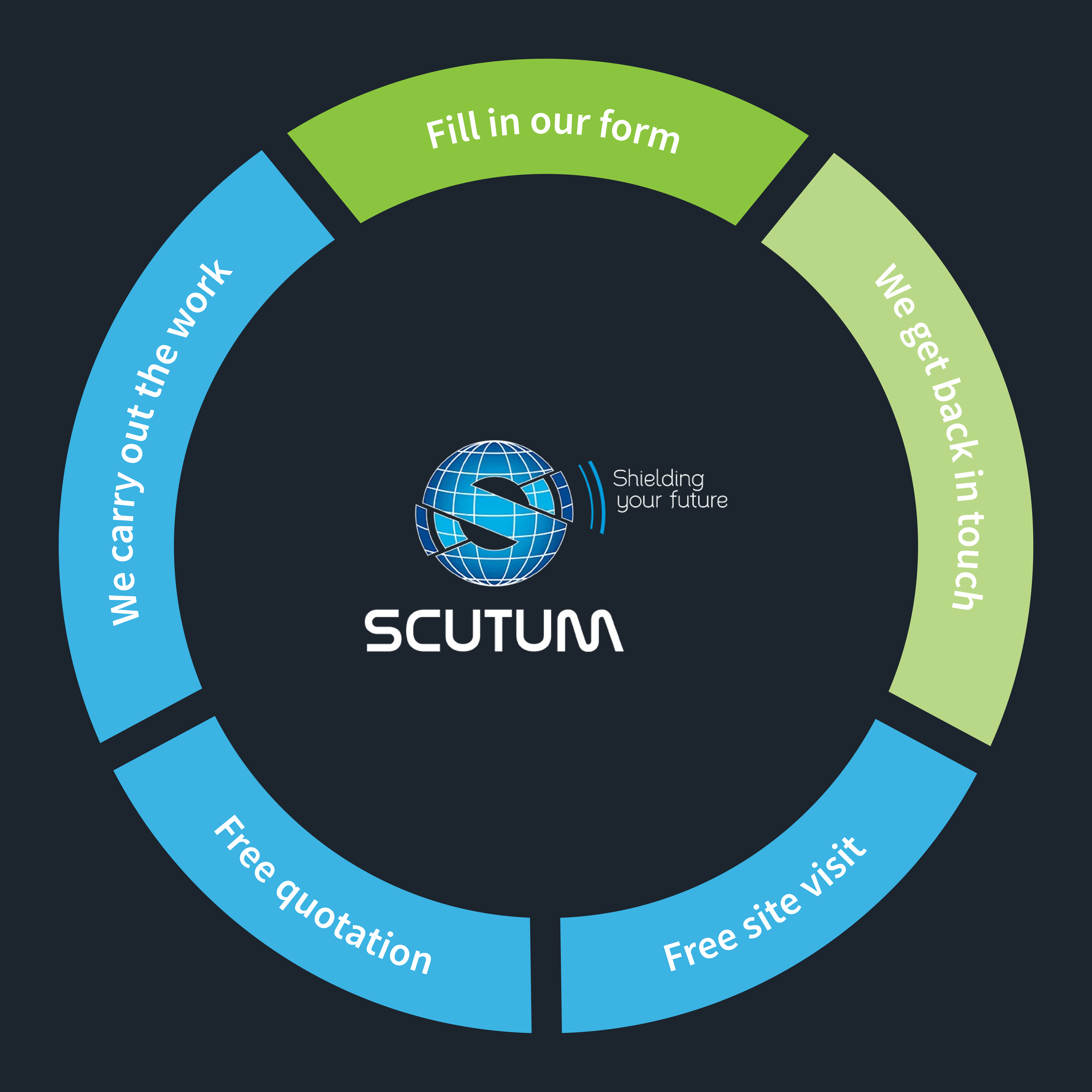How to Detect and Extinguish a Class D Fire (Combustible Metals)

What is a Class D fire?
A Class D fire is characterised by the presence of burning metals. Only certain metals are flammable and examples of combustible metals include sodium, potassium, uranium, lithium, plutonium and calcium, with the most common Class D fires involve magnesium and titanium.
Although it usually takes extreme heat to ignite metal, once a fire has been ignited it can very quickly and very easily spread and develop, making them incredibly dangerous and destructive. Alternatively, sodium is a highly reactive element which immediately burns when in contact with air or water, resulting in explosions and making it particularly hazardous.
As masses of metal are relatively unlikely to combust (with the exception of elements such as sodium), the most common types of Class D fire occur in environments metal ‘fines’ are found. This includes things such as laboratories, warehouses and factories and anywhere which uses manufacturing processes to cut, drill or mill metals. For example, places which process aluminium and, therefore, contain a lot of aluminium dust are more prone to Class D fires.
How do you extinguish a Class D fire?
The best and only recommended way to extinguish a Class D fire is to use a dry powder fire extinguisher. This works by smothering the fire, and therefore the oxygen within it, and also absorbing the heat contained within the fire, eventually leading to its extinction. Powder fire extinguishers will also stop the burning metal or powder from spreading, reducing the spread and resulting devastation of the fire. This is particularly useful in environments containing metal dust or shavings.
Metal fires are often one of the most hazardous because people are unaware of how to combat them safely and effectively. It is extremely dangerous to use water as metals such as sodium will react further with the water, acting as an accelerant.
How do you avoid Class D fires?
Storing combustible metals in safe, secured containers is a great way of reducing the risk of Class D fires. However, as discussed earlier, most metal fires occur whilst manufacturing processes are being undertaken and fines of metal are ignited. Therefore, if you own or manage a commercial environment – particularly one which involves processing, drilling and cutting combustible metals – you must make sure your property has conducted sufficient fire safety checks.
This means undertaking regular, comprehensive fire risk assessments and then carrying out any remedial action necessary to remove or reduce any hazards present. You must ensure fire safety systems are in place – such as fire alarms, practiced fire drills and emergency lighting – and you must also install and regularly maintain dry powder fire extinguishers.
Request a Callback
Just fill in your details below and we'll get back to you as soon as we can!

About Scutum London
Scutum London is a leading expert in fire safety and security solutions for businesses and organisations located across South East England, including London and Surrey.
From fire alarms, fire extinguishers and fire risk assessments to access control, CCTV and intruder alarm systems – and a lot more besides – we offer a comprehensive range of products and services designed to keep you, your business and your staff and visitors safe.
With decades of industry experience to call on, we’re proud to hold accreditations from leading trade associations and bodies such as British Approvals for Fire Equipment (BAFE), the British Fire Consortium, the Fire Industry Association (FIA) and Security Systems and Alarms Inspection Board (SSAIB).
If you’d like to find out more about Scutum London, get in touch with our friendly team or explore our products and services on our site.

